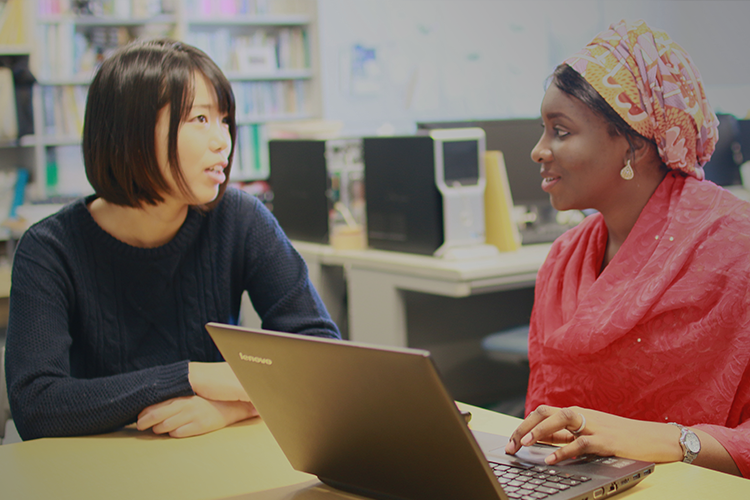As society continues its rapid globalization, worldwide technological innovation is occurring through the fusion of multiple science and engineering fields into new cutting-edge fields.
Such a society requires leaders who are not just specialists, but possess broad knowledge and a global perspective, also capable of responding flexibly in interdisciplinary research that fuses different fields, and who are capable of leading international teams.
The new Innovative Global Program, IGP, at SIT's College of Engineering opens in September 2020 with the aim of fostering such individuals.

























